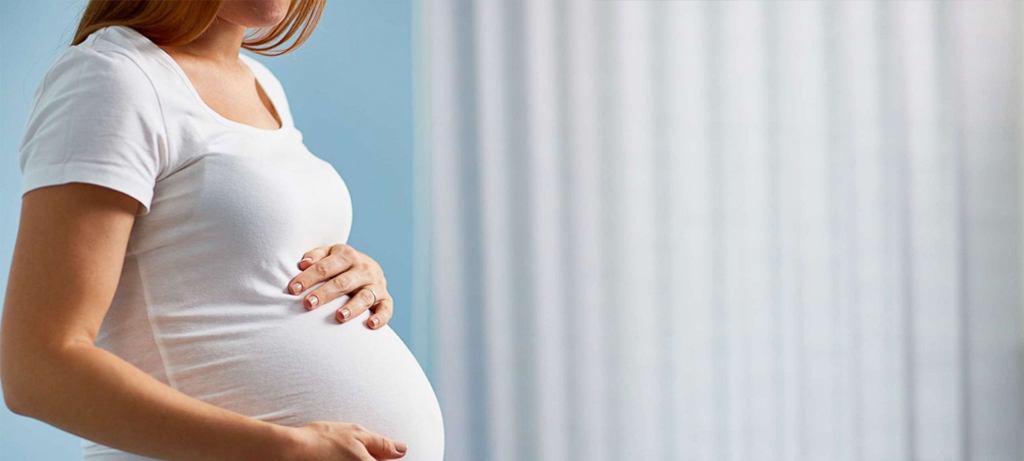The health of a newborn baby mainly depends on how the mother spend her pregnancy period. Babies are like seeds and mother is their soil! If the soil is well prepared, you will get a good harvest. Like that if you plan your pregnancy period properly, you will get a healthy baby for sure. So many things need to be taken care during those 9 months and here I will give you an outline of it.
A) Age of pregnancy:
Most common cause of death among females between the age of 15 to 19 is birth related complications. So please keep it in mind that a female should be both physically and mentally fit to be a mother. Early marriages are still very common in our country and need to be stopped at any cost. These kind of early pregnancies are more prone for all kind of complications like pregnancy induced hypertension, preterm deliveries, intrauterine growth retardation etc.
B) Pre-conceptional consultation:
Nowadays pre-conceptional counselling sessions are being conducted in many hospitals and helps the couple to plan for pregnancy in a better way. We can also advise pre-conceptional intake of folic acid which is already been proven to prevent spinal cord defects of the baby.
C) How to test for pregnancy?
Nowadays urine pregnancy test kits are freely available in all medical shops and can be easily used on missing the periods. The result should be read as given in the diagrams in the inside pamphlet.
D) Antenatal Visits:
The first antenatal visit should be immediately after you fine your UPT positive. Some blood tests need to be done then. Usually we do hemoglobin levels, blood grouping, Hepatitis B status, HIV status and VDRL test. First ultrasound scan also need to be done then to confirm that the fetus is inside the uterus only (sometimes we can find the embryo growing outside the uterus which is called ectopic pregnancy which is a dangerous situation). If hemoglobin is low, it should be corrected. Blood grouping helps us to arrange donors for the mother in case she develops any kind of bleeding after the delivery. If she is HbSAg / HIV positive, treatment need to be started at the earliest and steps need to be taken to prevent the transmission of these diseases to babies. So the first visit to your gynecologist at the earliest after confirmation of your pregnancy is very important. Minimum 3 antenatal visits are mandatory during the whole period.
E) Food habits:
You can very well take any nutritious food you are comfortable with. But better to avoid raw papaya and pine apple which is not ripened. They may cause premature uterine contractions and abortion. She has to drink lots of water as urinary infection is very common in this period.
F) Work and exercise:
Pregnancy is not a disease but a physiological phenomenon. So complete bed rest is not required unless medically indicated. She can very well continue her job till she wants and do moderate exercises also. Try to get adequate rest and sleep.
G) Medicines to be taken:
Iron, folic acid and calcium tablets prescribed by the gynecologists need to be taken by the mother regularly. Iron is required to maintain both mother’s and baby’s hemoglobin levels normal. Calcium is also important in the same way. Folic acid helps to prevent neural tube defects in the babies. Mild gastric irritation is common on taking iron tablets which is not at all serious. Any other medications need to be taken only after discussing with your doctor as many drugs may affect the baby’s development especially in the initial months.
H) Antenetal scans :
First scan is taken on first visit, next at 11-14 weeks. This second scan is called major anomaly scan which will help the doctor to rule out major congenital anomalies in your baby like lack of vault and all. Second anomaly scan is taken after 20 weeks of pregnancy which will help us to see even minute anomalies like cleft lip or cleft palate etc. The last scan is planned towards your delivery date, that is to see whether the lie and position of the baby is proper or not. It also helps us to see the approximate weight of the baby, position of placenta and amount of liquor too.
I) Screening tests:
Some extra screening tests are needed in some mothers. Example- Triple test, Quadruple test etc. This is decided by the consulting doctor. They help us to assess the probability of genetic disorders I the present pregnancy.Usually they are done in elderly mothers/ previous baby with genetic disorders/family history of genetic disorders etc.
J) Nipple examination:
Any kind of nipple problems need to be discussed with your gynecologist and correction should be done towards the delivery dates or immediately after delivery. Example- retracted nipple. Otherwise it will hinder easy feeding of the baby.
K) Common complications associated with pregnancy:
PIH (Pregnancy induced hypertension), GDM (Gestational diabetes mellitus) Hypothyroidism are common morbidities associated with some pregnancies. Once such a thing is detected, please follow the instructions given by your gynecologist. These disorders will affect you as well as your baby. So proper control of these things are very important for the wellbeing of the baby also.
L) Danger signs:
Some danger signs in the pregnancy need emergency medical care. They are bleeding per vaginum, leaking per vaginum, seizures, fever,severe headache, edema, blurring of vision, decreased or absent fetal movements and premature pain.
M) Immunisation:
2 Doses of a TT should be given to the mother to prevent neonatal tetanus. Make sure the female is fully vaccinated before conception with MMR , Hepatitis B and Varicella vaccines if possible. These diseases may cause serious anomalies to the baby if the mother develops them during the antenatal period. Rabies vaccine can very well be given during antenatal period if indicated.

